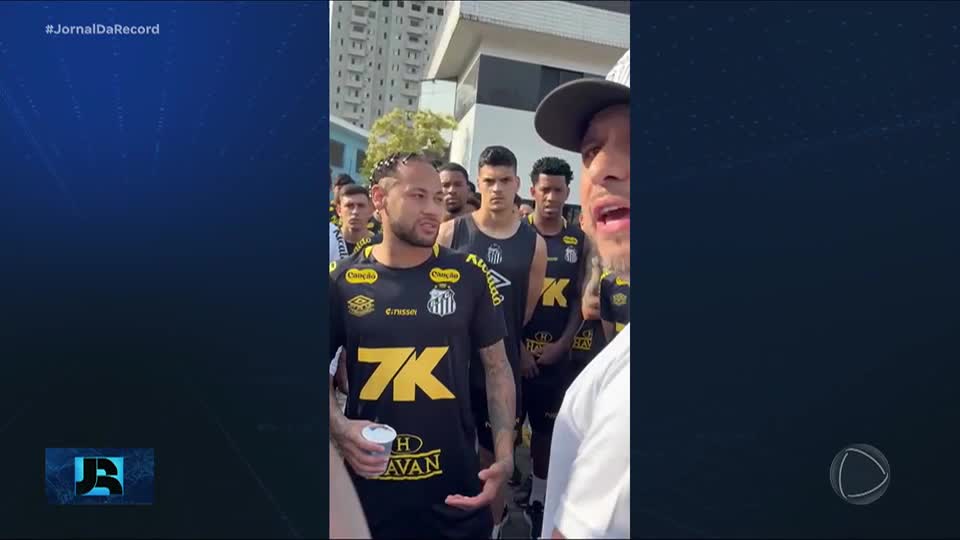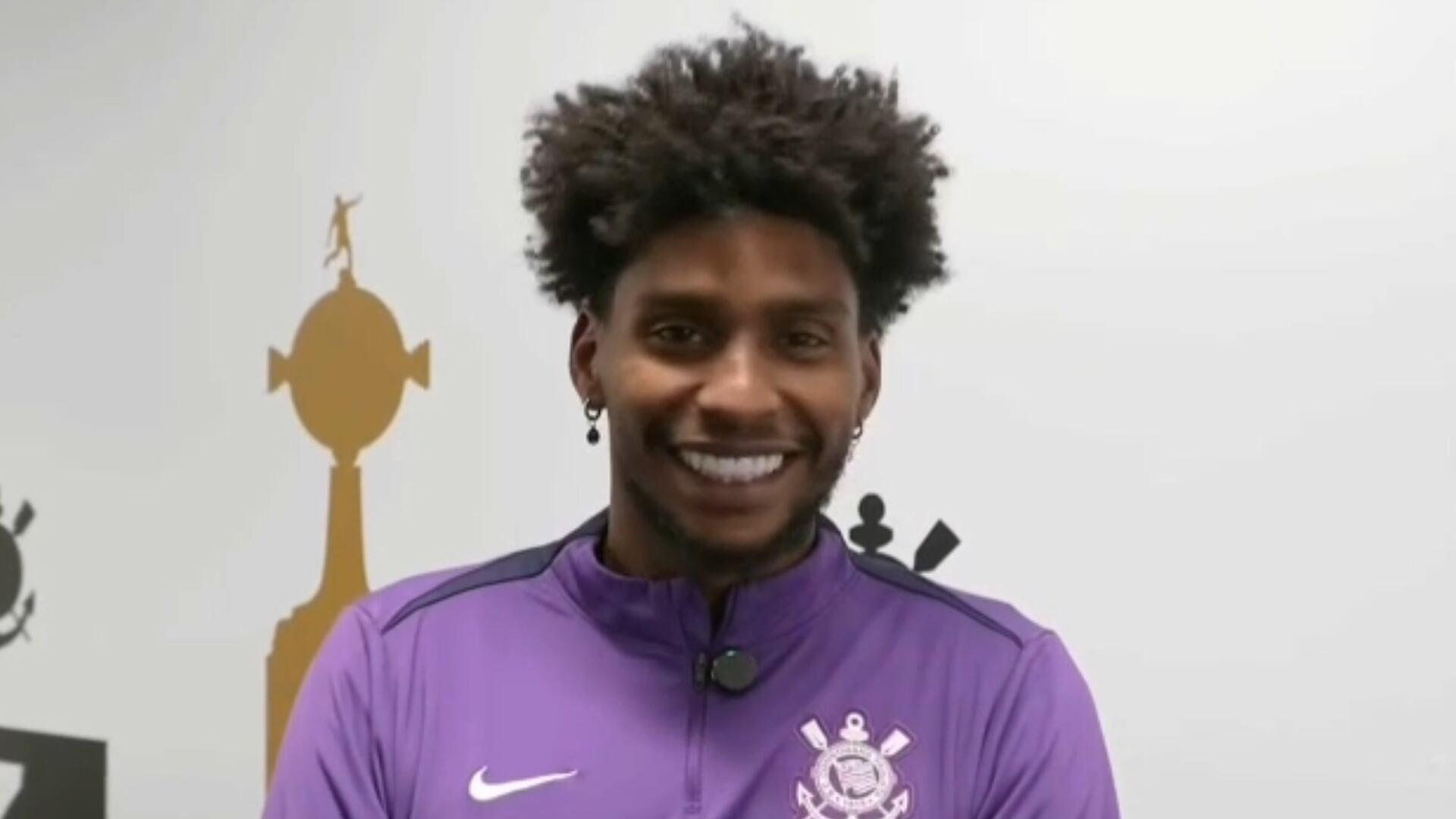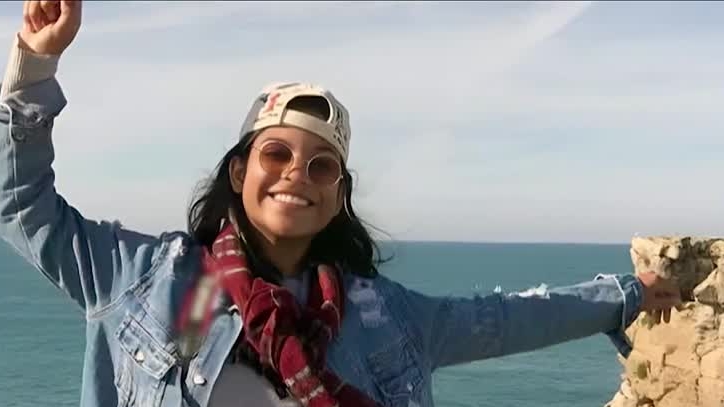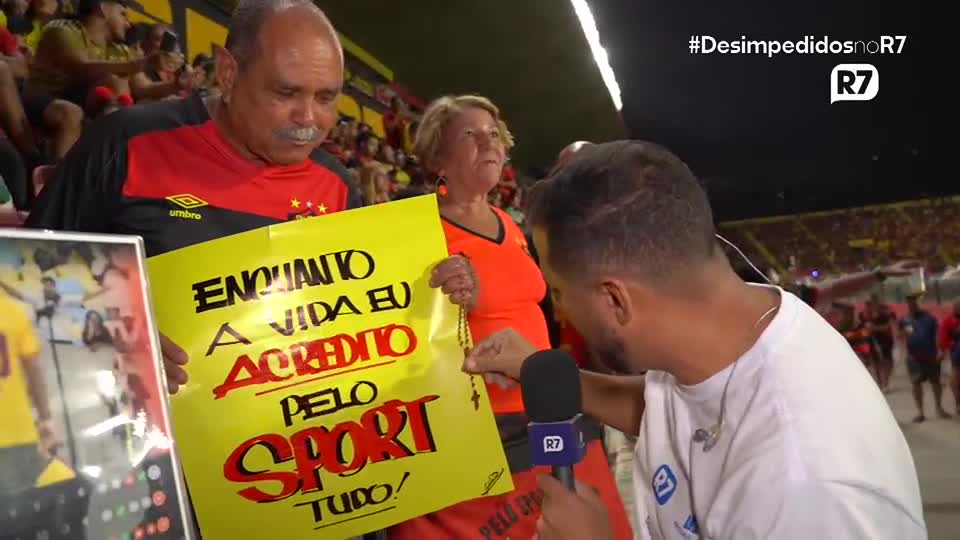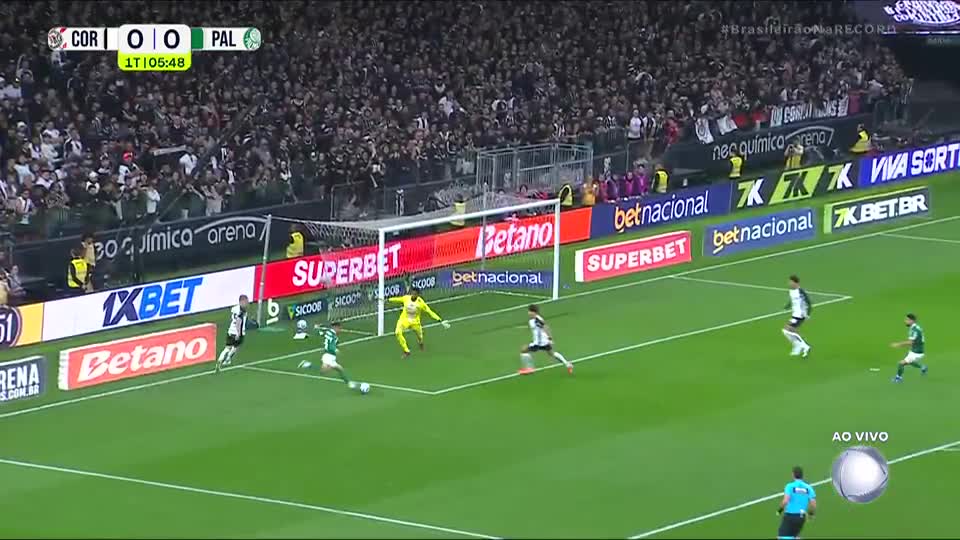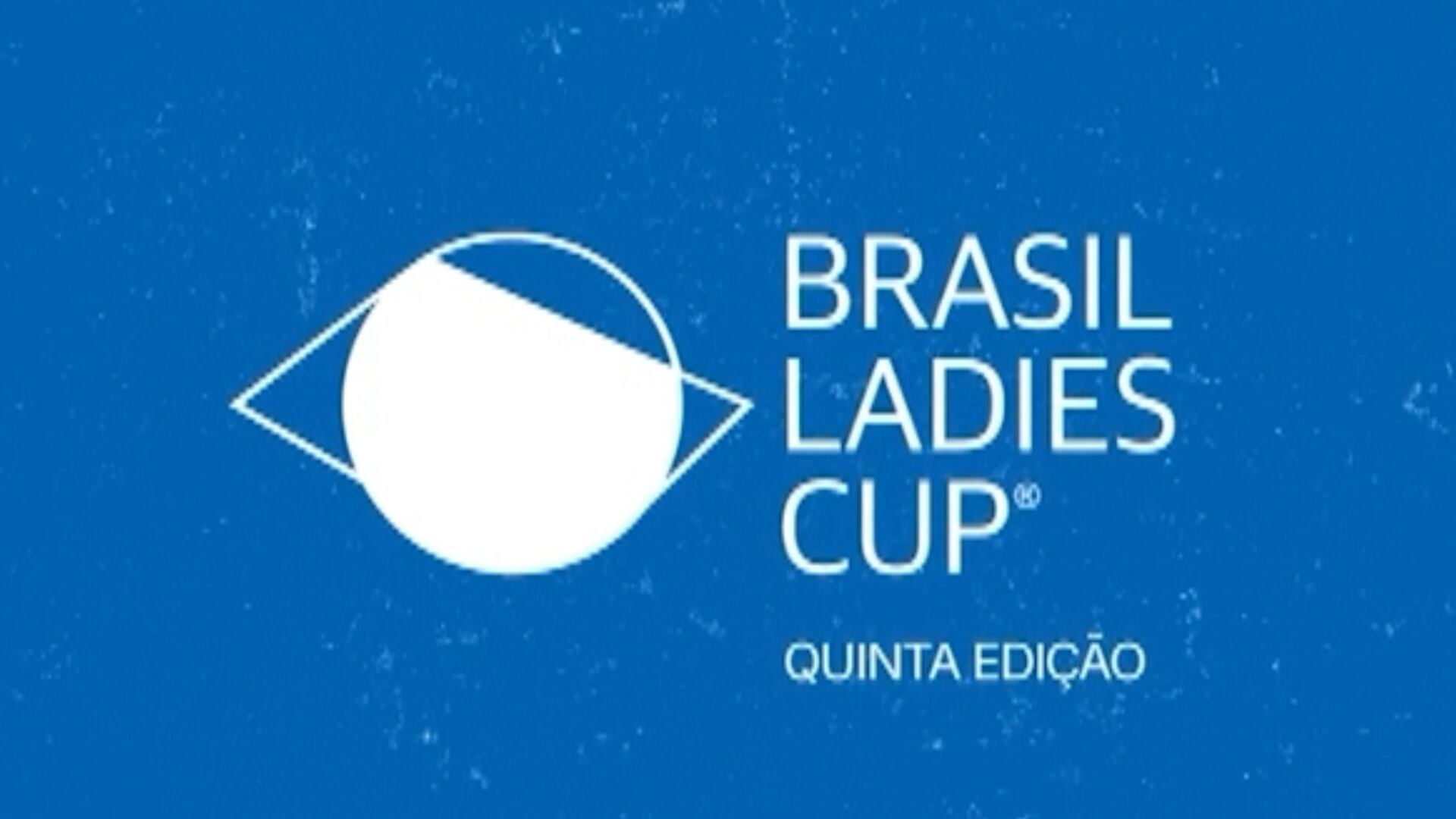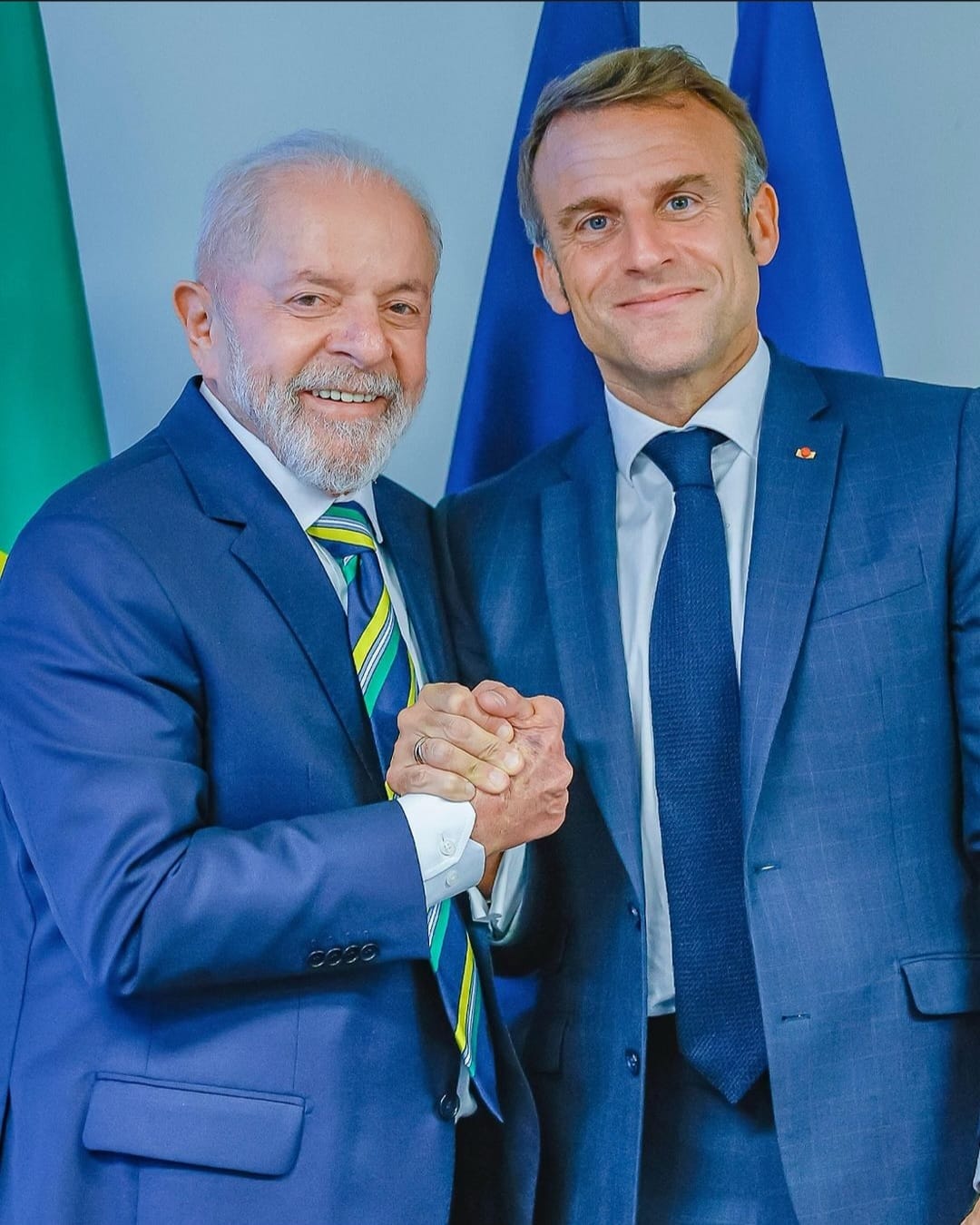Madagascar_vs_Chad_CAF_World_Cup_Qualifiers_stats_amp_head-to-head_-_BBC_Sport.txt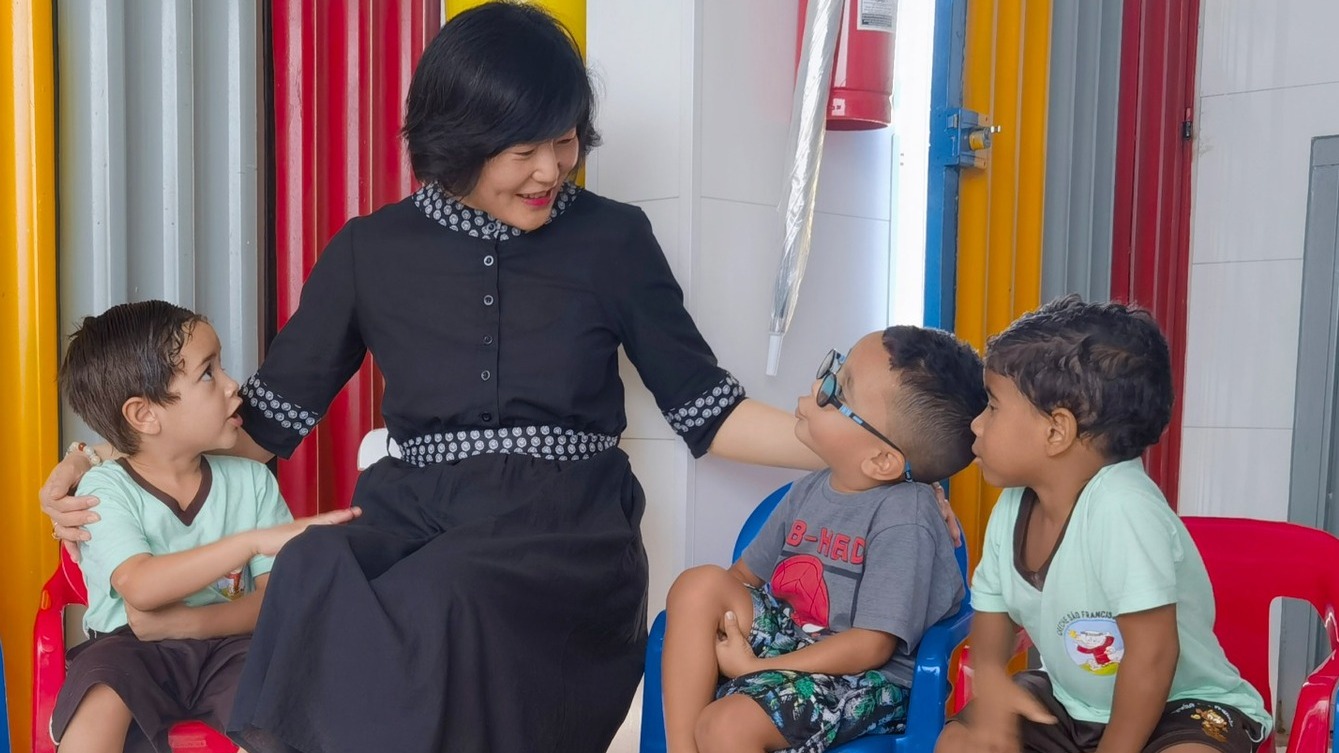
Section_9_Children_and_Young_People_as_Contributors_-_Guidelines.txt
Informed Consent for Children and netbet gutscheinYoung People 9.4.1 When featuring under-18s in BBC output as contributors, content makers should normally ensure their willingness to participate and any refusal to take part should be respected. Information should be delivered in a way they can understand and should include any likely positive and negative consequences of participation, in addition to other details necessary for obtaining informed consent. (See Section 6 Fairness: 6.4.1-6.4.11) 9.4.2 Children may find it difficult to contradict an adult's suggestion to participate so it is important to make clear to the child that it is acceptable to agree or disagree when asked to participate. Parental Consent 9.4.3 Parental consent means the informed consent of a parent, legal guardian, or other person aged 18 or over acting in loco parentis, including a head teacher. In addition to establishing the child or young person's willingness to participate, parental consent should normally be sought before interviewing anyone under the age of 16, or otherwise involving them in output. This applies wherever in the world content makers are working. It may not be necessary to obtain parental consent when asking under-16s to speak on non-sensitive subjects where it is not controversial for them to hold and express their views. However, the younger or more vulnerable the child and the more sensitive the subject matter, the more likely it is that parental consent is essential. Parental consent should be obtained if children are asked for views on matters likely to be beyond their capacity to answer properly. (See 9.2.1-9.2.3) (See Section 6 Fairness: 6.4.1-6.4.11) 9.4.4 Due care should be exercised in deciding whether an under-18 is able to indicate their willingness to participate in content. For those aged 16 and 17 it may still be appropriate to seek parental consent, depending on the circumstances of the young person and the nature of the programme and contribution, including whether the content is sensitive or the contributor could be considered vulnerable. It may also be appropriate to seek parental consent for performers aged 16 and 17 if they are being asked to perform or to be present in scenes featuring potentially harmful or offensive content. Where parental consent is required and parents are estranged, consent should be obtained from the parent with whom the under-18 normally resides and who has parental responsibility. However, consideration should be given to the extent of the other parent's involvement and, where not seeking their consent, any reasonable objections they may have should be listened to. Where another person or the local authority has parental responsibility for the child or young person, content makers should normally obtain their consent depending on the circumstances of the case and the subject matter. Stop: 9.4.5 Mandatory Referral: Any proposal to continue with the contribution of a child or young person after a refusal of parental consent, or in the absence of it, must be referred to a senior editorial figure or, for independent production companies, to the commissioning editor. Editorial Policy should also be consulted. Approval will normally only be given: if this is justified in the public interest[7] or when giving the under-18 freedom of expression and if it is in their interest to participate. if ("interactive" === "interactive") { const container = document.getElementById("componentBreakoutContainerbreakoutboxmandatoryreferrals300419100011"); window.addEventListener('scroll', () =>{ const buffer = 240; const rect = container.getBoundingClientRect(); const windowHeight = window.innerHeight; // Defines if an element is not above or below the viewport and is within a buffer range above and below the middle of the viewport const isVisible = (rect.top >= 0) && (rect.bottom = windowHeight / 2 - buffer) && (rect.top + rect.height / 2 { container.classList.add('interactive-highlight-red'); if ("red" === "custom") document.getElementById("componentBreakoutContainerbreakoutboxmandatoryreferrals300419100011").style.boxShadow = "inset 0 0 0 3px " }); } 9.4.6 Where appropriate, consent should also be sought from a parent or person acting in loco parentis, about the amount of identifying information to include about a child. If a young person is 16 or 17 it may still be appropriate in some cases to seek consent from a parent about how much identifying information to include, depending on the young person's circumstances and the nature of the programme and contribution, including when the content is sensitive or where the contributor could be considered vulnerable. (See 9.4.20-9.4.21) 9.4.7 Children and young people are often eager to contribute to output, but many lack the judgement necessary to assess the longer-term impact it could have on their lives. Parents may also not understand the full implications of their child taking part. An assessment must be made about whether it is appropriate for an under-18 to contribute to BBC output, irrespective of parental consent or the individual's assent. The contribution must not proceed if to do so would be harmful to the welfare of the under-18 or would otherwise not meet the standards of the Editorial Guidelines. (See 9.4.29-9.4.33) 9.4.8 Where potential risks to an under-18 contributor have been identified in relation to their contribution to BBC content, the parent/guardian should normally be provided with relevant information about those potential risks and any steps that will be taken to mitigate them. It may be helpful to keep written records of discussions with the parent/guardian of contributors, in addition to informed consent in writing. 9.4.9 When under-18s submit user-generated content or when they are asked for personal information online, content makers must select the standard of proof of parental consent that is appropriate, taking into account the sensitivity of the subject matter and the age of the individual. (See guidance: Interacting with Children and Young People Online) 9.4.10 When children are invited to interact with the BBC using phone, text or other technology that costs money, they must be prompted to seek permission from the bill payer. 9.4.11 Archive content featuring children when they were unable to give informed consent may become more sensitive over time. This should be considered when re-using such material. (See Section 13 Use of BBC Content After Publication or Broadcast: 13.4.14-13.4.15)


